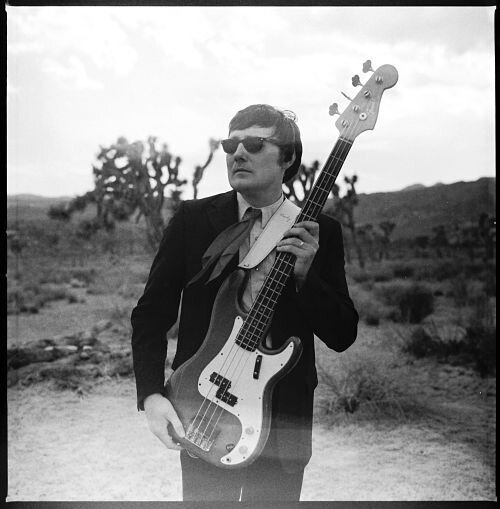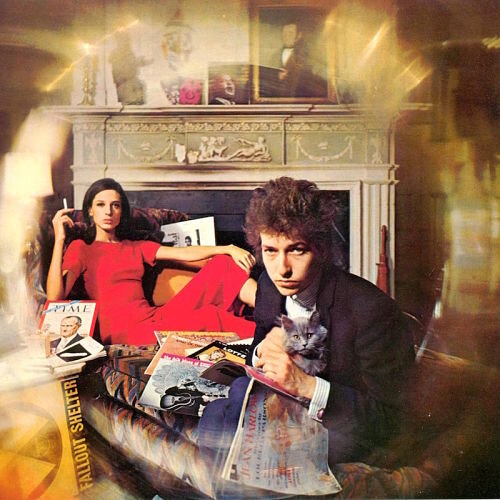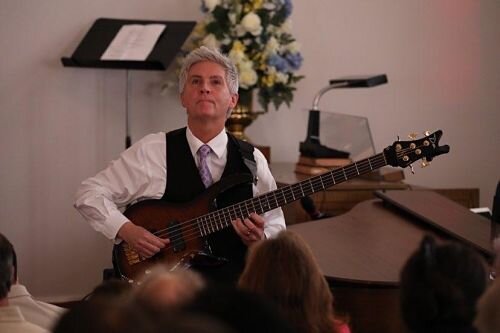Steve Donaghey (Barry Manilow)


By Robert Jenkins
The music of Barry Manilow has made a massive impact on contemporary pop music. However, Barry’s records were often unfairly criticized in their time for their high commercial production values, love themes, and overall MOR appeal. Yet Barry Manilow hit the scene like an asteroid and redefined the genre. His early hits, including “Mandy,” “Copacabana,” “I Write the Songs,” and “Even Now”, to cite a few, have endured as pop standards.
Note that Manilow did not compose many of his biggest hits. Using outside writers, as well as co-writing, Barry’s arrangements on these songs (and others) were the key ingredient that have stood the test of time.
Case in point, in the mid-70s Barry took a Bruce Johnstone composition “I Write the Songs” – which failed to chart for Captain & Tennille and David Cassidy – and he nailed a #1 hit on the Billboard charts and Grammy Award for Song of the Year. Everything about the Manilow version shines, from his instrumentation and orchestration, arranging, to his vocal phrasing. He simply took the bare elements of the song, like so many others, and sent it over the top. His work was nothing short of genius.
Ditto rocker Ian Hunter, who revealed to KYBP founder Tom Semioli that he was in awe of Barry’s rendition of his song “Ships” – which became yet another huge hit – #9 in 1980 – thanks to Manilow’s magic touch.
Akin to many of the greats, Barry Manilow worked with the best players. And that list includes bassist Steven Donaghey.
Born and raised in Detroit, Michigan, Steven was deeply influenced by the Kingston Trio. He started playing guitar at an early age, working in several midwestern bands. In 1973 Steve switched to bass and merely a year and a half later, he got a call to do a four-week tour with an up and coming artist named Barry Manilow.
That short trek turned into four years plus of steady studio and touring work – making him the primary bassist for Manilow’s City Rhythm Band.
Manilow often employed studio players on his sessions as well, and while the credits for the individual players are sketchy – names were not always documented in liner notes or cover art – we know
that Donaghey anchored Trying To Get The Feeling, This One’s
For You, and Barry Manilow Live. Steven’s work on those two
aforementioned studio albums puts him on at least nine of Manilow’s biggest hits during the 1970s!
One of my favorite Donaghey bass passages is the studio version of “Weekend In New England” from This One’s For You.
To me, it is a perfect example of how a musician plays to the song and how a bass player does their job well. The line has a wonderful sense of motion without being too busy in a ballad setting. Steven structures this line to perfectly support the melody, harmony, and rhythm. Conversely, his live bass line on “Beautiful Music (Part III)” from the Barry Manilow Live album simply rips; he plays disco style octaves up and down the entire length of the fretboard, ending with a pentatonic lick that puts a perfect showcase flourish at the end of the entire set.
After leaving the City Rhythm Band – details on Steven Donaghey’s career are unclear. It is known that he stayed in Brooklyn, continuing to play in bands around the scene, sitting in as a call player, and working with young, up-and-coming bands. He worked with members of the Kingston Trio at their fantasy camps in Arizona and continued to teach and inspire musicians. Steven also performed regularly with John Stewart of the Kingston Trio. In his later years he played in an ensemble named Stretch Cunningham, leaving a scant bit of video evidence of his playing on YouTube.
Steven Donaghey passed away on 11 December 2015, leaving behind a legacy of bass playing. His work worthy of study, and undoubtedly contributed to shaping of pop music in the 1970’s. In all my research I found people consistently calling him a great friend, great bass player, and great cat lover. Steven Donaghey is a bass player you should know.
And if anyone in the KYBP community or beyond has any other information on the career of Steven Donaghey please share it with us.
Dig Steve and Barry:
“Weekend In New England” https://youtu.be/IqUTWVuUC8E
Beautiful Music (Part III)- Live https://youtu.be/d8mi6QyJrCc






























